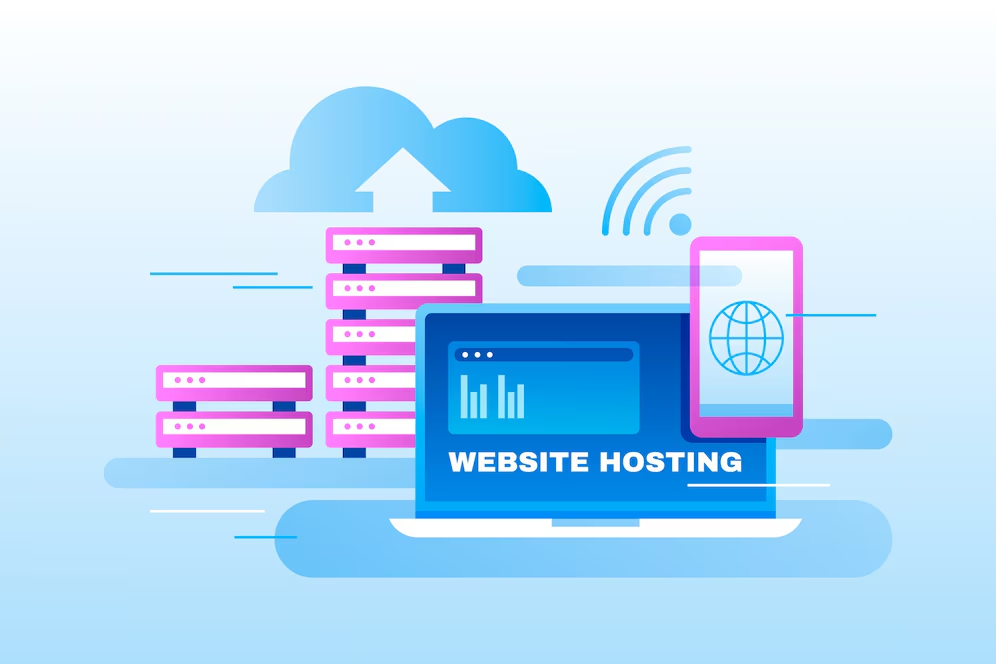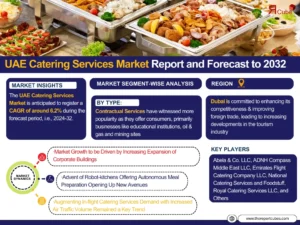Guide to Build Your Mobile App Development Team
Building a mobile app development team is a pretty critical exercise, involving strategic planning, wise choices of professionals, and understanding your project needs. Increasing demand for developing mobile applications across all sorts of industries means that hiring the right developers and building a cohesive team can have a pretty dramatic effect on your project. This guide will walk you through all the key steps to setting up an efficient mobile application development team, from knowing what roles to expect to the best way of hiring the right mobile application developers.
1. Understanding Mobile App Development
Before entering the recruitment process, one has to grasp fundamental knowledge concepts within mobile application development. The development process involves developing software applications that run on mobile devices, especially smartphones and tablets. Most apps are usually designed for two major platforms: iOS and Android. Mobile application development is a multi-stage process: planning, design, development, testing, and maintenance.
Depending upon the complexity and scale of the project, you would require different types of developers, designers, and project managers. Hiring mobile application developers should be aligned with your app’s functionality, user interface requirements, and choices of platforms.
2. Roles Required in a Mobile App Development Team
A developing team for a mobile app will consist of a variety of specialist types ensuring that each member brings unique skill sets and areas of expertise. The following list is broken down into the necessary roles that can be included in such a development team.
a. Project Manager
A project manager will maintain the smooth operation of the process of development so that timelines and funds are met in the execution. He acts as an intermediary between the stakeholders and the development team.
b. UX/UI Designers
UX and UI designers are very basic to designing an intuitive and engaging app. They really work on the overall feel of the app and tailor the interface to be user-friendly, pleasing to the eye, and workable.
c. Front-end Developers
Front-end developers bring together the user-facing side of the app. They help bring designs to life so users can have a smooth interaction experience with an app.
d. Back-end Developers
Back-end developers develop server-side logic, databases, and integrations that power the functionality of an app. The developer ensures the app communicates with the server properly, stores data, and receives user requests in a safe manner.
e. Mobile App Developers (iOS & Android)
You hire app developers with a specialisation on specific platforms. Their skills can be either in terms of ability to code apps for iOS, in either Swift or Objective-C, or Android, where you might use either Java or Kotlin. Most projects will require developers with different specialisations for different platforms, but it’s also possible to hire cross-platform developers who know the ropes on a tool such as Flutter or React Native.
f. QA Testers
QA testers make the application free from bugs and operable on many devices and operating systems. They add immensely to the brilliance of an application through rigorous testing.
g. Marketing and Support Team
Although you are hiring a development team to develop the app, you would require marketing and support staff to market the app and attend to all customers’ queries after its launch.
3. Steps to Hire Mobile Application Developers
Knowing the basic roles, let’s discuss hiring mobile application developers for your project. It is hard enough finding the right developer for an Android and iOS development due to the diversity of skills required.
a. Defining Project Needs
First thing in the scope of the project: define its features and functionalities, which platforms it is going to support. It will decide whether to hire just Android or iOS developers or maybe both. If you want to reach a wider audience, then the company probably should consider cross-platform development.
b. In-house vs. Outsourcing
You will need to decide between building your in-house development team and contracting the project to a mobile app development company. Each is associated with pluses and minuses. Internal development will give you complete control, encouraging collaboration, but very pricey, thus time-consuming. Outsourcing to the mobile app development company will be comparatively more flexible in terms of geolocation, global reach, and often at lower cost but not having direct oversight.
c. Find Experienced Developers
Hire mobile app developers with expertise to complete the given task. You are looking for experienced app developers in your industry or having similar functionalities for your application. Look for developers in whom experience is sufficiently reflected in previous projects, whom you can trust for the latest technologies, and proficient languages of coding such as Java, Kotlin, Swift, and React Native.
d. Technical Interviews
You then conduct technical interviews to determine how skilled they are. Ask them if they have experience in developing mobile apps, their methods of problem-solving, and the ways through which they understand new trends in development. You could also provide them with an exercise in coding or ask them to guide you through one of their previous projects.
4. Hiring Android App Developers
If your target audience is users of Android, then you should recruit app developers who are experienced using development tools and languages such as Java and Kotlin. Android development has more users but also introduces problems that are unique to it, such as the device fragmentation problem. Here are some guidelines on how to hire Android app developers:
a. Assess Their Knowledge of Android SDK and APIs
He or she should be quite equipped with Android SDK, APIs, and Android development environment. One should be able to know how an app can be optimized for different devices, screen sizes, and versions of Android.
b. Cross-Platform Development Skills
Many developers of today are familiar with cross-platform development frameworks, including React Native or Flutter. Such frameworks will enable developing an app to deploy both for Android and iOS at the same time. In case you are willing to accept cross-platform development, you can save time and money by hiring the Android app developer with these skills.
c. Portfolio Review
Ask for a portfolio of the Android applications they have created. Think about those which were successfully released in Google Play and look for reviews from users, its reliability and regular updates.
5. Creating a Collaborative Team Environment
Hiring mobile application developers and forming your team is only the first step for the success of your project. You must establish a collaborative work environment to ensure that your mobile app development team works efficiently as follows:
a. Agile Development Methodology
Agile methodology is the iterative approach to software development that promotes flexibility and collaboration. It allows teams to work on apps in short sprints, gathering fast feedback, and making adjustments as necessary.
b. Frequently Communicated
Ensure that your team is well communicated within through meetings, updates, and collaborative tools like Slack or Trello. Clear communication can avoid misunderstandings, help solve issues faster, and keep the project on track.
c. Innovation Culture Building
Let your team know the latest in the realm of mobile app development. This can be done by encouraging your team to introduce new ideas and work with the latest emerging technology and develop very creative solutions to problems.
Conclusion
Building the right kind of mobile app development team makes all the difference between success and failure in your project. Be it Android developers or iOS developers or a cross-functional team, each of these roles plays an important part in your app. Therefore, through thorough choice of the right team and detailed definition of project needs, it is easy to foster a collaborative working environment to create an application with optimal efficiency and user satisfaction. Remember, the secret to success does not come down just to hiring mobile application developers but gathering a collective team that is smooth-sailing for your envisaged needs.
Also Read: Salesforce Managed Service Provider














Post Comment